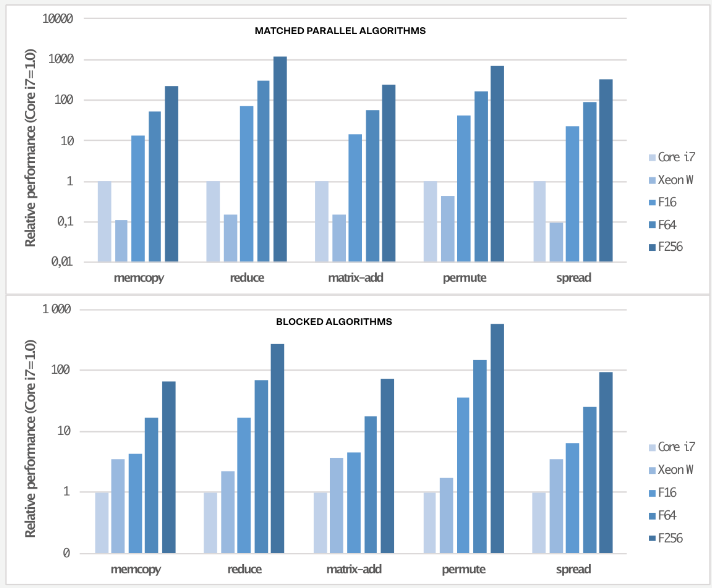Finnish start-up Flow Computing Oy today revealed a seemingly outlandish plan to transform the chip industry with a new parallel processing unit that it claims can boost the performance of any central processing unit by an astounding 100 times.
This surprising claim was made as the company announced that it had raised $4 million in pre-seed funding from several Nordic venture capital firms and entities. The round was led by Butterfly Ventures, with participation from FOV Ventures, Salcia, Steven Industries, Superhero Capital and Business Finland.
Finland's state-owned research institute, VTT Technical Research Centre, originally developed Flow's technology and remains a shareholder in the company, but the intellectual property rights behind the technology now belong to Flow.
Flow, a spin-out from VTT, says its PPU companion chip can be integrated into any CPU to boost processing performance by up to 100 times. It claims its PPU chips are fully backwards compatible and can be integrated into any kind of CPU without code changes to provide that acceleration to existing software and applications.
The exact level of performance improvement depends on the number of PPU cores integrated on-die, the startup explained, adding that the company is optimizing the licensing of its technology for all tiers of the CPU market, including mobile, supercomputer and personal computer CPUs.
The startup says its PPU chips get around one of the main limitations of existing CPUs: their inability to process in parallel. Though today's CPUs are super fast and can switch between different tasks millions of times per second, they're still only capable of running one task at a time, making them a one-way street.
This limitation means that even with nanosecond-level responsiveness, today's CPUs still have a highly inefficient way of executing instructions, as they must complete one task before moving on to the next.
Flow says its PPU gets around this limitation by turning the CPU into a multi-lane highway: The CPU can still only run one task at a time, but Flow's PPU manages traffic much better, allowing tasks to be moved in and out of the processor much faster than before.
While the startup hasn't validated its technology for an official CPU, it has demonstrated its capabilities on a range of field-programmable gate arrays — chips that can be programmed before deployment to perform certain tasks more efficiently — and has also run numerous simulations to prove its performance claims.

This graph shows a comparison between an FPGA PPU-enhanced chip and an unmodified Intel chip. By increasing the number of PPU cores, Flow continues to improve performance.
Flow wants to build a business model similar to that of British chip design company Arm Ltd., which simply licenses its blueprints to other chipmakers. The company aims to convince chipmakers such as Intel Corp., Advanced Micro Devices Inc., Apple Inc., Nvidia Corp. and Qualcomm Inc. to license its technology.
It remains to be seen whether these talks will bear fruit. One of Flow's main challenges is that it needs to convince chipmakers to integrate its technology at the chip design level. This is a big ask, as chipmakers would have to invest significant resources to make this happen, and doing so would likely cause serious disruption to their long-term development plans.
Still, the scale of Flow's performance gains, combined with the fact that chipmakers have only been able to deliver incremental improvements to CPUs in recent years, might make a compelling case: After all, if Flow really can double CPU processing speeds, it might be worth implementing, regardless of how much it might disrupt chipmakers' existing plans.
The startup has attracted the attention of at least several “major semiconductor vendors” and, without disclosing any names, said it plans to release further “technical details” later this year.
Timo Valtonen, co-founder and CEO of Flow, said that CPU performance improvements have slowed, making the CPU the “weakest link” in computing.
“A new era of CPU performance is essential to meet the continually growing demand for increased computing performance, driven largely by the needs of AI, edge computing and cloud computing,” he said.
Featured Image: SiliconANGLE/Microsoft Designer
Your vote of support matters to us and helps keep our content free.
With just one click below you can support our mission of providing free, rich, relevant content.
Join the YouTube community
Join a community of over 15,000 #CubeAlumni experts, including many notable figures and experts, such as Amazon.com CEO Andy Jassy, Dell Technologies founder and CEO Michael Dell, Intel CEO Pat Gelsinger, and many more.
thank you

